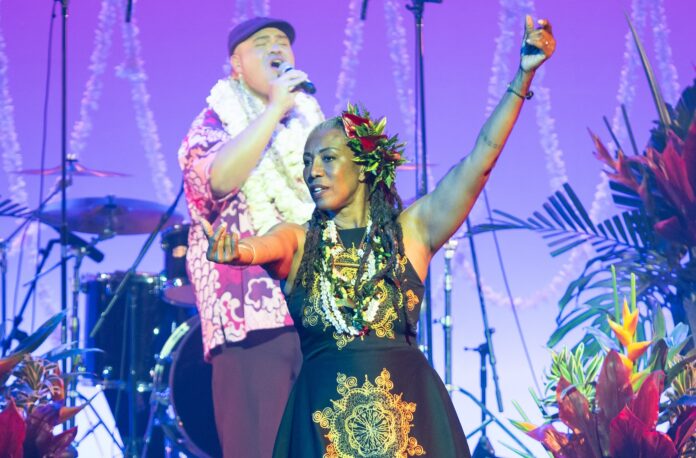Māhealani Uchiyama was a college student studying dance ethnology in Honolulu the first time she remembers someone called her pōpolo. “It was while I was out shopping at Ala Moana Center,” she recalls.
Pōpolo is the Hawaiian name for a glossy black nightshade berry that’s used for food and traditional medicine. But it has another meaning: On the Hawaiian Islands, pōpolo can be used as a slur for dark-skinned people of African descent.
Her friends at University of Hawaii told Uchiyama to say she was from Micronesia, a Pacific Island with darker-skinned people, instead of a Black woman from Washington, DC. They meant well, but the advice was troubling. “The message gets sent that there’s something wrong with being Black,” says Uchiyama, a hula master and founder of the Hālau Ka Ua Tuahine dance school based in Berkeley.
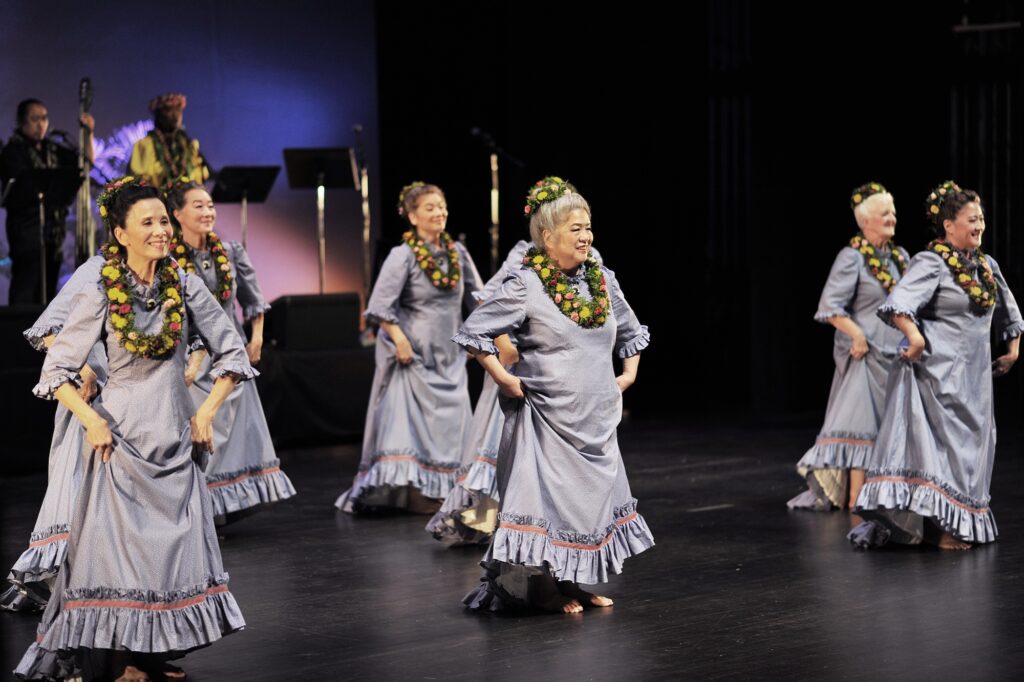
Uchiyama hopes to change that narrative with the new album Pōpoploheno: Songs of Resilience and Joy, a musical tribute to Black people who have made important contributions to Hawaiian culture. A Fri/1 launch party at Yerba Buena Center features hula and songs by a multiracial cast of acclaimed artists, including Grammy winner Kalani Pe’a, jazz singer Azure McCall, and Kamakakēhau Fernandez and Patrick Landeza, who are both winners of the Hōkū Hanohano, the premier Hawaiian music award.
The name songs, or mele inoa in Pōpoloheno, celebrate historic Black Hawaiians such as chemist Alice Ball, who discovered a cure for leprosy; Pedro Hose, famously called hula cop for directing traffic with dance moves and a smile; Barack Obama, the first Hawaiian native to become US President; and John Blossom, a formerly enslaved man who served in Prince Kapaʻakea’s court and died trying to free enslaved Polynesians in Chile.
In Hawaii, mele inoa are created for newborns to honor their lineage, as well as for respected elders and chiefs. These name songs tell the stories of people who demonstrate cultural values such as bravery, loyalty, creativity and intelligence. They’re part of the heroic song and poem tradition practiced by storytellers around the world, from Homer’s Iliad, which was once sung, and Viking sagas to West African griots and the music of indigenous Plains Indians. “Hawaii is very much a culture based on oral tradition that is commemorated in song and hula,” Uchiyama says. “When something is commemorated that way, people begin to understand it.”
Pe’a, the only native Hawaiian to win four Grammys as a singer-songwriter, said he felt compelled to create a song for Pōpoloheno. “We honor the legacies of our African American brothers and sisters who paved a path of hope by contributing to my Native Hawaiian people—being civic and civil leaders of Hawai’i,” he said via email. He wrote a tribute to his friend Kamakakēhau Fernandez, who was adopted by a Hawaiian couple and immersed himself in Hawaiian language and culture. Pe’a hopes the album will help native Hawaiians realize that they share a history of struggle and displacement with Black Hawaiians, who number about 3.7 percent of the population according to the 2024 census.
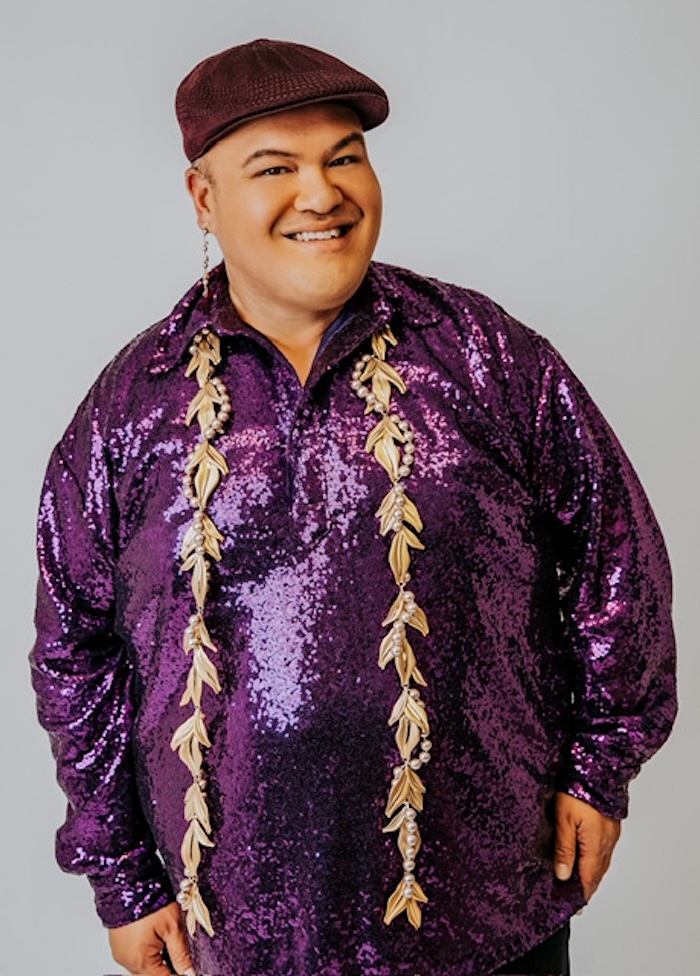
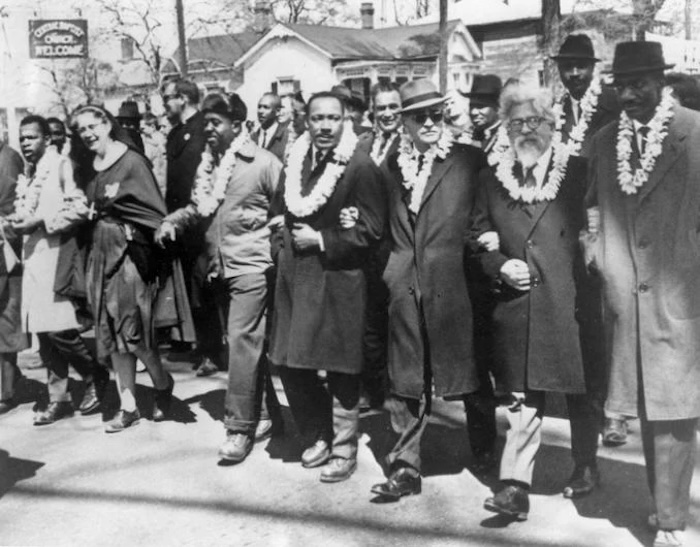
Kamehameha the Great welcomed formerly enslaved men into his court including Anthony D. Allen, a New Yorker who bought his freedom and sailed to Hawaii in 1810 or 1811. Called Alani in Hawai’i, he was an advisor and steward for the king and was paid with six acres in Waikiki, where he lived with his family. A prolific and civic-minded entrepreneur, Allen started a hospital for sailors, opened the first bowling alley, and built a school for the children of regular folks on his land.
Dark skin was considered a striking and powerful quality in early eras of Hawaiian history. The word pō signifies night, darkness, obscurity and the realm of the gods, according to the Hawaiian language dictionary Wehewehe Wikiwiki. Before the islands were unified, King Kahekili Nui ‘Ahumanu, a fierce warrior who was the last ruler of the Maui empire, had half of his body tattooed black. He did it to match the description of his namesake Kāne-Hekili, the god of thunder.
“The people of Hawaii didn’t start out fearing Blackness,” Uchiyama says. “They revered the sacredness of the power and its importance to our origins.”
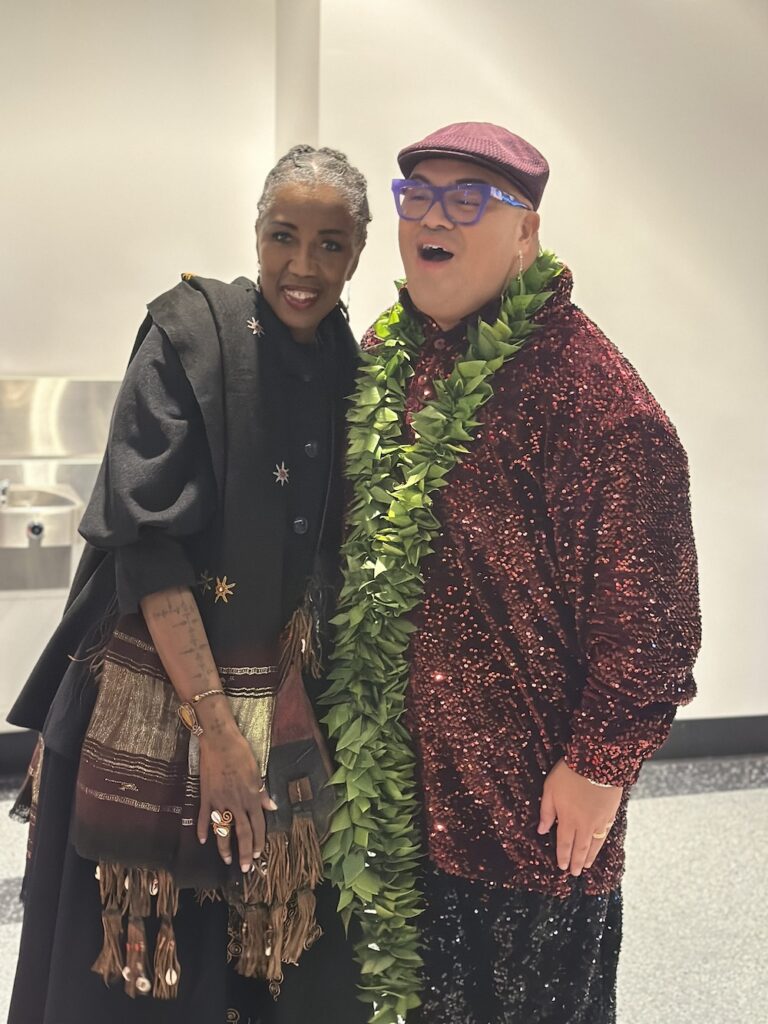
That started to change when British explorer Captain Cook arrived in 1788, followed by colonial-minded envoys from Russia, France and the United States as well as missionaries. “More people from outside of Hawaii came in and started implanting their world view that being Black means to be dirty or lazy or stupid or inferior somehow,” Uchiyama says.
Going to college in Honolulu, she realized that most Hawaiians knew nothing of Black achievements in Hawaii, outside of military service or playing volleyball or basketball for University of Hawaii. After searching in vain for songs or dances telling the stories of historic Black Hawaiians, she decided to be the one to create something herself, along with friends she calls her “big guns” in the music business.
Though oppression and losing ancestral land are heavy subjects, Pōpoloheno explores it in an uplifting way by sharing how resilient Black Hawaiians have excelled despite obstacles. “We take that [struggle] and create culture, cuisine, we create music, fashion,” Uchiyama says. “Our overcoming these things has produced such amazing beauty in the world.”
PŌPOPLOHENO: SONGS OF RESILIENCE AND JOY Fri/1, 7:30pm, YBCA, SF. More info here.

